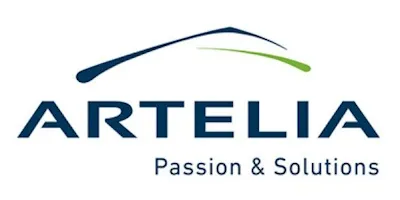Résultat de votre recherche
6 annonces disponibles aujourd'hui

Modélisation prospective du potentiel de la bioéconomie pour la neutralité carbone à 2050
IFP Energies nouvelles - Direction Economie et Veille
Stage Energétique Hauts-de-Seine entre février et avril 2025 6 mois

Stage de fin d'études - « Analyse comparative et développement d'outils de dispatching de l'énergie » - Lyon
Artelia
Stage Energétique Rhône entre janvier et avril 2025 de 4 à 6 mois

Réduire l'impact environnemental des territoires
IFP Energies nouvelles - Direction Economie et Veille
Stage Energétique Hauts-de-Seine entre janvier et juin 2025 de 5 à 6 mois

Calibration via Finite Element Analysis of Experimental Methods for Battery Cell Swelling
IFP Energies nouvelles - Mobilité et Systèmes
Stage Energétique Hauts-de-Seine entre janvier et juillet 2025 6 mois

Stage - Assistant / Assistante chef de projet Energies - Les Abymes (Guadeloupe)
Artelia
Stage Energétique Guadeloupe entre janvier et avril 2025 de 4 à 6 mois

Modélisation énergétique pour la décarbonation du secteur du transport maritime
IFP Energies nouvelles - Mobilité et Systèmes
Stage Energétique Hauts-de-Seine entre janvier et juillet 2025 6 mois






